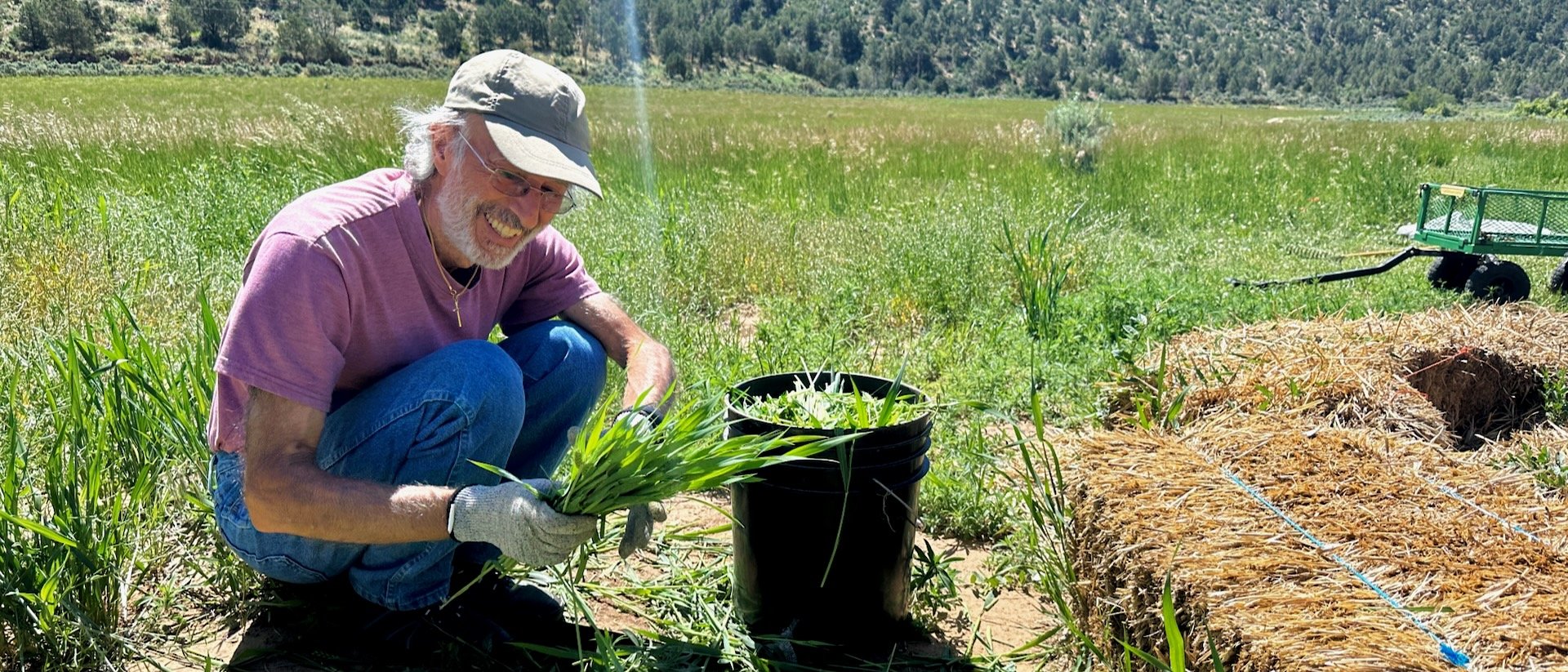Organic Food: What & Why?
Organic food is completely natural, without any harmful chemicals. Growing food organically is much better than chemical-based agriculture for many reasons, including health, taste, cost, ecology, and more. Let’s take a closer look at the concept of “organic” food to see what it really means and why we should care about it.
Defining “Organic”
The term “organic” is sometimes used loosely, so let’s define exactly what it means.
Food can be called “organic” truthfully only when it is grown without direct or indirect exposure to any toxic chemicals (including artificial fertilizers, insecticides, and herbicides) and contains no trace of these harmful toxins.
For food to be purely organic, the land in which the food is grown must have been completely free of all toxic chemical use for a long period of time (often considered to be at least three years), and the compost or manure used in the soil must be free from traces of any such chemicals as well.
This means that, if using animal manure to augment the soil, all food given to the animals must itself be organic. Likewise, if using kitchen compost, all the composted kitchen waste must also be organic.
Note than any non-organic food waste can be composted separately and, along with non-organic manure, can be used to fertilize flower gardens and non-food-producing trees, but it should not be used for growing food.
Also, the water used to irrigate the land should be clean and must not contain any chemical runoff from nearby plots that have been sprayed with chemical herbicides or insecticides. If using municipal water, it ideally would also be filtered to remove chemicals often used in water treatment (such as chlorine, chloramine, etc.)
When all of these conditions are met, the food grown in this way can authentically be called “organic” and the land where it is grown can be called an “organic garden” or “organic farm.”
Benefits of growing good organically
Organic is best for many reasons. Here are some of the main benefits:
Human health: A diet based on nutritent-rich and toxin-free organic vegetables, fruits, and whole grains is proven to be the best for human health, thanks to high nutrition value and greatly reduced exposure to harmful chemicals and other toxins.
Animal health: Growing food organically protects both domestic animals and wildlife from chemical toxins and related illnesses.
Grower safety: Growing organically protects farmers and gardeners from direct exposure to harmful chemicals that have been proven to cause serious diseases.
Water: Unlike chemical-based agriculture, organic farming does not pollute rivers, oceans, groundwater, and wells with harmful toxins; instead, it helps preserve the soil’s natural function to filter and purify groundwater.
Environment: Organic farming supports clean air and water, and helps to preserve and promote biodiversity (both flora and fauna) and the balance of nature.
Money: Organic food-growing is far less expensive than chemical agriculture (and potentially more profitable), so small-scale organic gardeners can eat better while saving money, and experienced organic farmers trained in high-yield organic methods can increase their profits.
Flavor: Last but not least, there’s a reason that top chefs choose organic produce: it tastes better!



